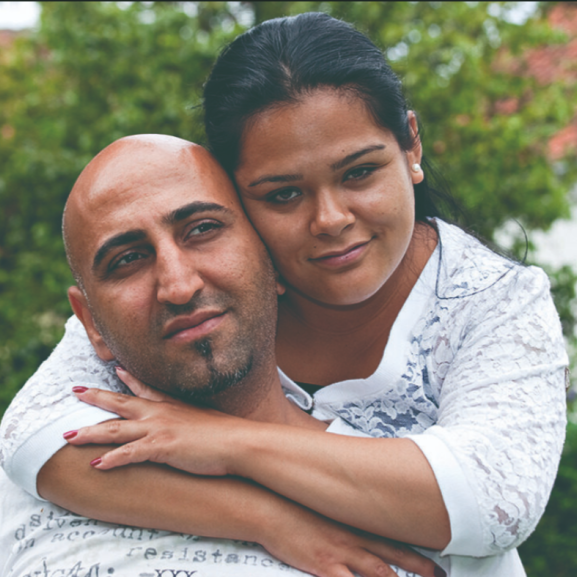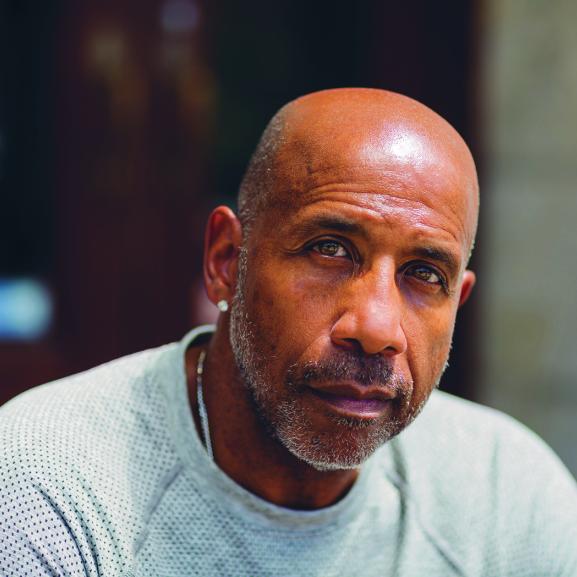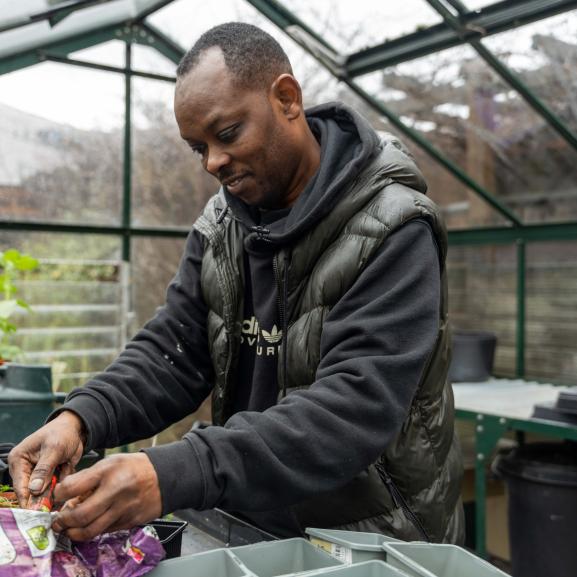Welfare Appeal - Adira's Story
Adira came to the UK to seek safety but receiving refugee status was not the victory she had hoped for. Like many survivors of torture, the difficulties she faced finding accommodation left her in danger of being retraumatised.
Receiving my refugee status was something that I think a lot of survivors would agree is not as straightforward as people might think. By the time I received refugee status, I was drained. I was exhausted.
I had waited so long, and the asylum process took so much of my mental capacity.
I remember the moment I was told I had been granted asylum; I was numb. When you wait so long for a decision, and you get something that you have been promised for so long, it doesn't feel real. I didn't know how to be happy because it didn't feel like the end of my pain. My heart was pounding as I still feel like the Home Office could knock at my door any minute and take it all away.
People were telling me that receiving refugee status was a victory, but it didn’t feel like that. It wasn’t like the next day I could enrol at university and start rebuilding my life. Support from the government was suspended the day I got my status. Then, I entered another period of waiting for accommodation.
"It doesn’t work to tell people to wait for an unknown amount of time. It feels like you’ll never be able to rebuild your life and the waiting just mentally kills you."
I was told I had to leave my asylum accommodation within a week and that I’d be relocated to a temporary accommodation. I found out that I was going to be in a shared accommodation for an unknown amount of time because there wasn’t enough housing for everybody. I could have been forced to stay there for as long as a year.
After everything I’d been through, I would have struggled. It put me back in a place where I felt like I was going to prison.
Luckily, I was supported to find suitable accommodation. But for people who don’t have support from organisations like Freedom from Torture, it can all go downhill. There is a big problem with lack of information when it comes to finding accommodation and finding organisations like Freedom from Torture who advocate for you.
There is a lack of resources and not everybody knows that there are places where you can learn English or have your children cared for whilst they go to school. All of a sudden, you’re being told you have to pay rent, water bills and electricity bills.
If you don’t have support, nobody tells you how these systems work. People are being let down. I was lucky to be referred to Freedom from Torture and I don’t know where I’d be without them, but unfortunately, this isn’t the case for everybody.
Our welfare team are working hard to provide survivors of torture, like Adira, with the support they need. They provide support finding housing, help accessing income and provide emergency essentials including food and toiletries.
In the last few months, we have noticed a clear increase in the number of refugees facing homelessness and housing difficulties with the introduction of lower eviction notices and a lack of housing.
That’s why we need your help.
£20 could pay for the cost of translating a Home Office document.
£40 could pay to provide food and essentials for a destitute survivor of torture.
£70 could pay for a night's emergency accommodation for a homeless survivor of torture.






